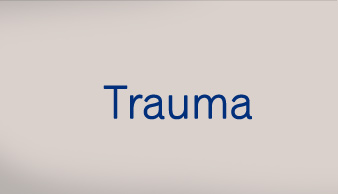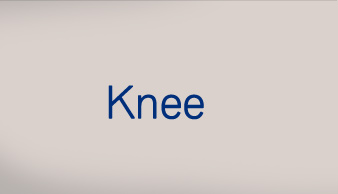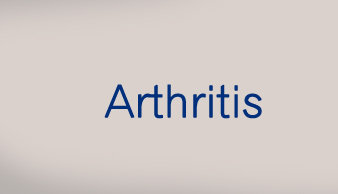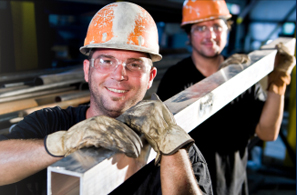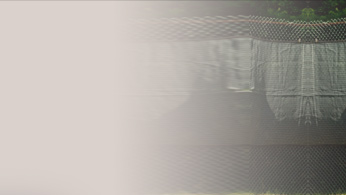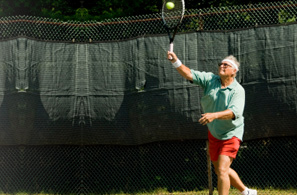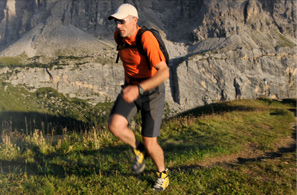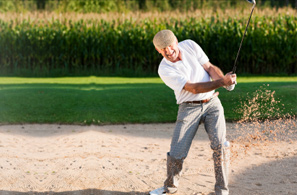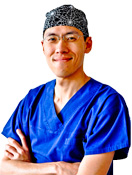 |
 |
||
|
|
| Dr Raymond Chin, Hip & Knee Surgeon, Liverpool, Campbelltown, Sydney, NSW » Services » Knee Injuries |
Knee Injuries Knee injuries are commonplace. Sports like rugby, soccer/ football, netball, basketball, running, skiing, etc. places a great amount of stress on the knee. Not all knee injuries need surgery. Immediate first aid like ice packs, getting some crutches, using an elastic stocking, and pain relieving medication can help with reducing swelling and pain. Seeing your general practitioner is a good first step to managing your injury. Broadly speaking, if there is a great deal of swelling in the knee after an injury or a traumatic event, then there is likely to be serious damage to the inside of the knee joint. When should I see a specialist? The following are common symptoms that suggest an acute serious injury:
Sometimes we put up with the pain and swelling hoping it will go away. The following are common persistent symptoms that suggest a chronic injury:
Early diagnosis and treatment is essential in ensuring return to full function whether it is for work, recreation or just daily activity. The knee has meniscus (often and mistakenly referred to as “cartilage”) that act as shock absorbers. A torn meniscus from its attachment can be repaired only if diagnosed early. A torn meniscus at its edge can be excised so it does not flop into the joint and tear further or cause more damage. The knee has ligaments that hold it stable as it takes up to 7 times our body weight. These can be torn and may need a knee reconstruction frequently seen in footballers and netballers. The kneecap needs to glide centrally in its groove as we bend our knees. If the kneecap is tilted or glides incorrectly, this puts more pressure on one side of the kneecap and can cause early arthritis.It can also skip out of the groove and dislocate during sports or everyday activity. Knee surgery is often keyhole (arthroscopic) using specialised instruments to manoeuvre around the knee. Common injuries to the meniscus and cruciate ligaments can be treated arthroscopically. Kneecap injuries can be treated with a combination of keyhole, and a small incision to reconstruct a torn ligament that used to hold the kneecap in place.
|
|
||||||||
| © Dr Raymond Chin Orthopaedic Surgeon Hip, Knee, Trauma, Sports, Liverpool, Campbelltown, NSW | Home | Disclaimer | Privacy | Sitemap | Feedback | Tell a friend | Contact Us |
